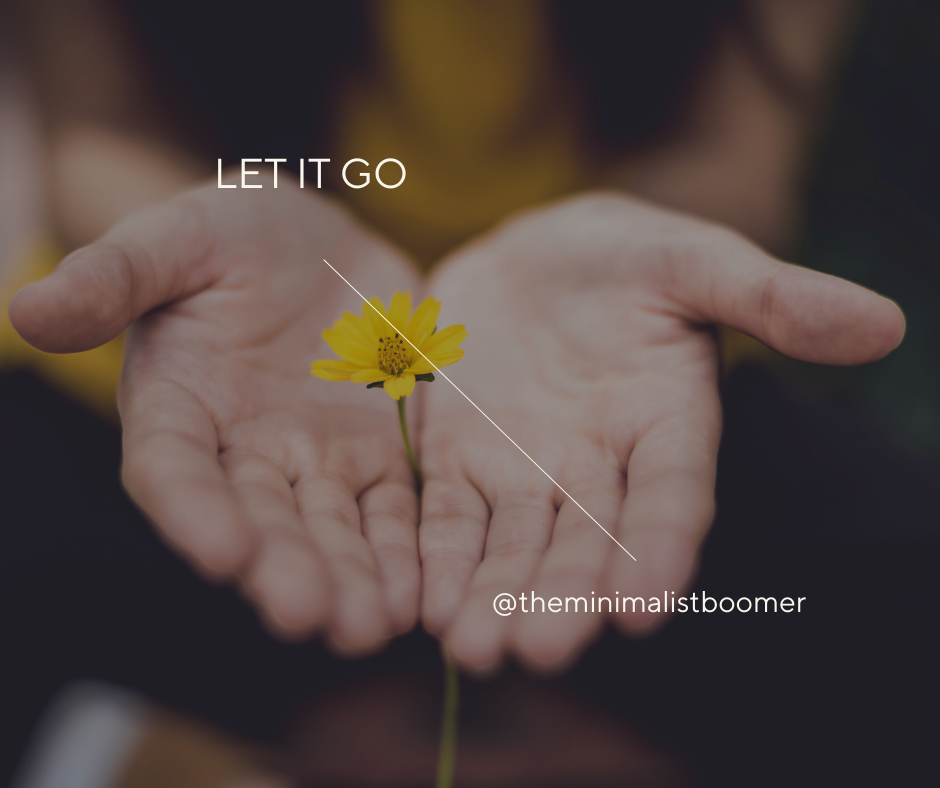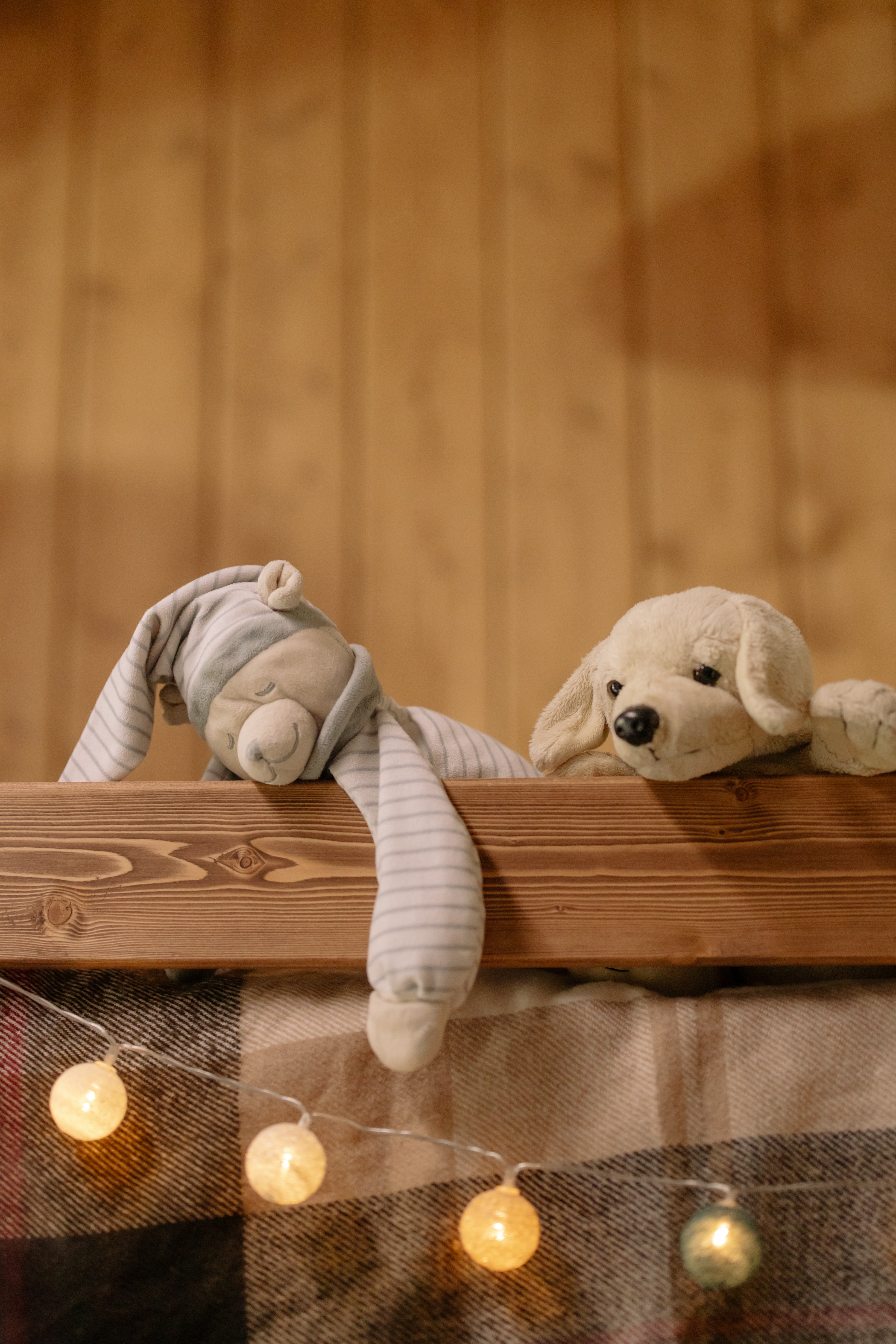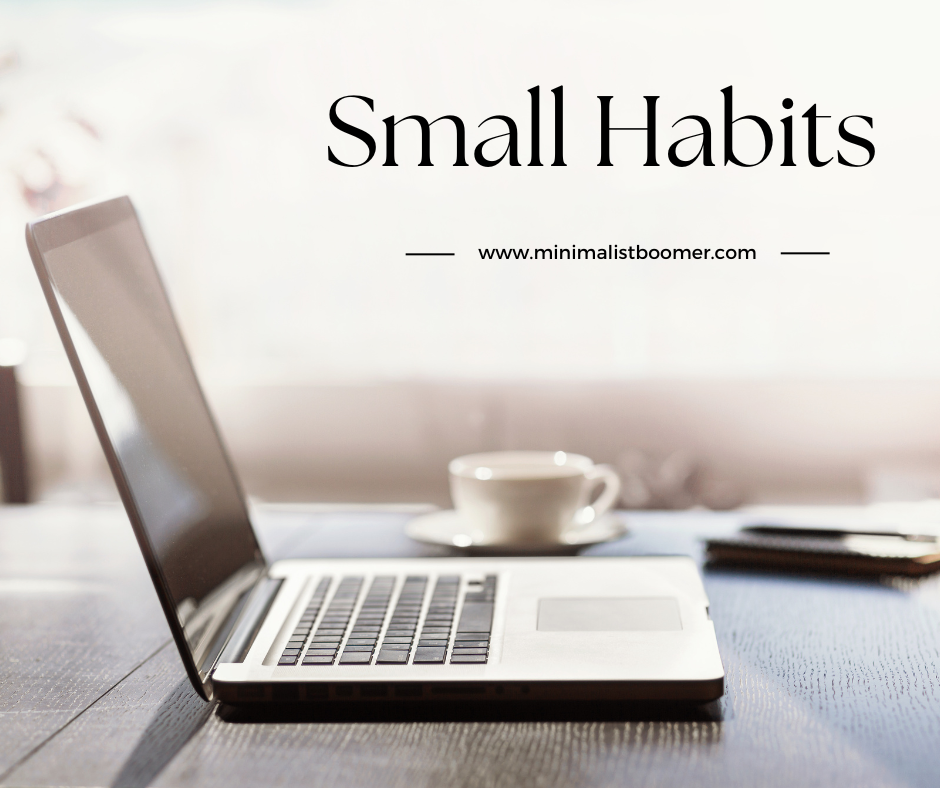“The things you own end up owning you.” ― Chuck Palahniuk, The Fight Club
Do you ever find yourself clinging to familiar situations, things or people, even when they don’t serve your best interests? It’s time to shift your focus and consider choosing potential over attachment.
We all have attachments to people, places, things, and even habits that we’ve grown accustomed to. While it’s natural to feel a sense of comfort, it’s important to recognize when these attachments hold us back from reaching our full potential.
Embracing potential means stepping out of your comfort zone, taking risks, and committing to personal growth. It’s about believing that there’s more to life than what you’ve already experienced and being willing to let go of the familiar in pursuit of something better.

Attachment to Belongings
Attachment to belongings is a concept that many of us are familiar with, yet few of us fully understand its psychological impact. In simplest terms, attachment refers to the emotional bond that we form with the things that we own. This attachment can be healthy, as it allows us to feel a sense of security and comfort in our possessions. However, when this attachment becomes excessive, it can limit our potential and ultimately hold us back in life.
While attachment to belongings can provide a sense of comfort and security, it can also limit our potential in life. When we become too attached to our possessions, we may become stuck in our ways and resistant to change. This can prevent us from pursuing new opportunities, taking risks, and ultimately reaching our full potential.
By recognizing the ways in which attachment can limit us, we can begin to let go of our possessions and focus on the things that truly matter.

Attachment to belongings may seem like a natural human tendency, but it can limit our potential in various ways. Many people cling to their possessions as if they define their identity, but this attachment can become a burden that stifles growth, creativity, and fulfillment.
The Costs of Clinging to Belongings
Cluttered homes, garages, and storage units are familiar sights in our consumer-driven society. We accumulate more and more stuff, often without realizing how much we already have or need. This constant accumulation not only wastes our resources but also takes up our time, energy, and mental space.
We have to clean, organize, and maintain our belongings, which can be a never-ending chore. Moreover, we may feel guilty, stressed, or anxious about getting rid of things, especially if they have sentimental or monetary value. This attachment not only costs us financially but also emotionally and mentally.
Attachment to belongings can limit our creativity, which requires openness, curiosity, and experimentation. When we cling to our possessions, we may become rigid in our thinking, preferences, and habits. We may resist change, novelty, or uncertainty, which are essential aspects of creative thinking and problem-solving.
We may also undervalue or ignore our own abilities, interests, and potential, as we compare ourselves to others or judge ourselves based on our possessions. This attachment not only narrows our perspective but also hinders our growth and self-expression.

Letting Go of Attachment
Attachment to our belongings is a common trait that many of us possess. We tend to hold on to material things, believing that they bring us happiness and a sense of security. Here are some strategies to help overcome attachment and find freedom in letting go.
- Practice gratitude for what we have instead of focusing on what we lack
- Set priorities and evaluate what we truly need versus what we want
- Start small and let go of one thing at a time
- Donate or sell items that we no longer need or use
- Use the “one in, one out” rule to prevent accumulation of unnecessary items
By implementing these strategies, we can gradually overcome our attachment to material possessions and open ourselves up to new experiences.

Finding Freedom in Letting Go
Letting go of our attachment to belongings can be a liberating experience. It allows us to free up space, both physically and mentally, and opens us up to new opportunities. By letting go, we can find:
- Freedom from the burden of material possessions
- Clarity and focus on the present moment
- Opportunities for personal growth and self-discovery
By letting go of our attachment to belongings, we can experience true freedom and live a more fulfilling life.
Don’t let things define you: It’s easy to get caught up in the materialistic world we live in. We often define ourselves by the things we own, but this can be a dangerous trap. We’re more than just the car we drive or the clothes we wear.
Remember, things are just things, and they don’t define who we are. Focus on the things that truly matter, like your relationships, experiences, and personal growth. In the end, these are the things that will define you.

Feel free to leave your thoughts on this topic in the comment box below.





One response to “Attachment to Things – A Thief in Disguise”
I’m thinking the “one in one out rule” might be better “one in two out.” I just bought a new blouse … going to try letting go of two … wish me luck. Kathy